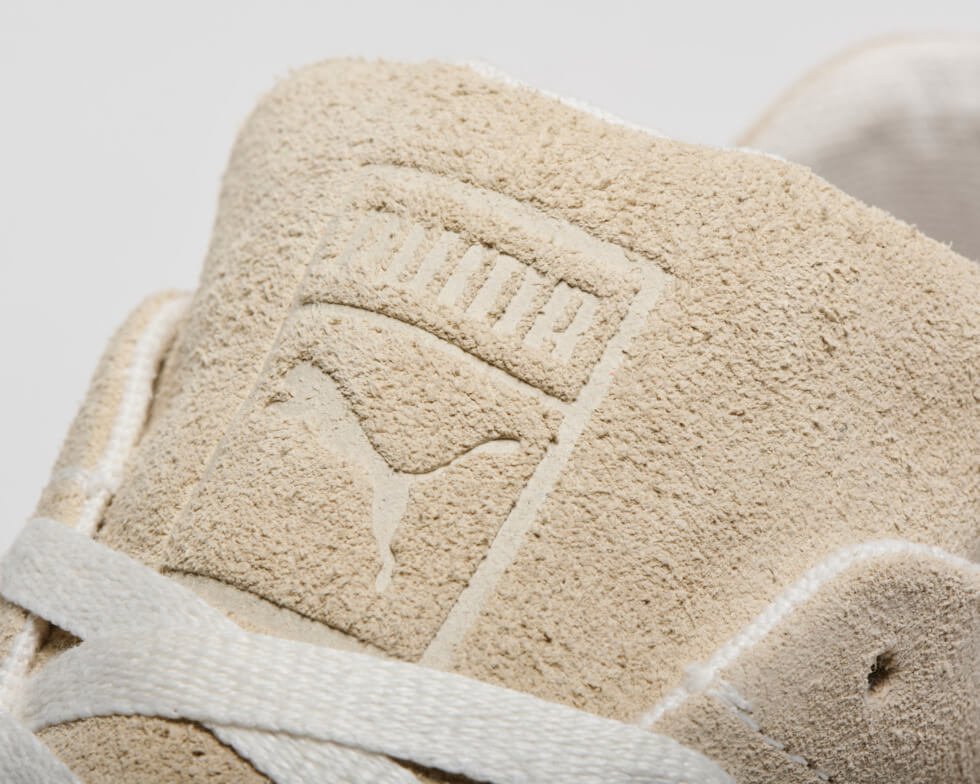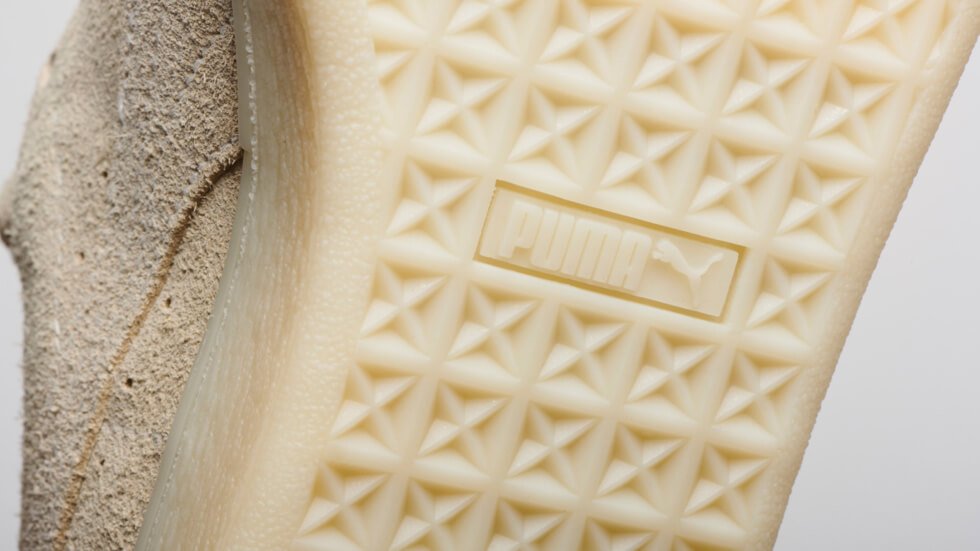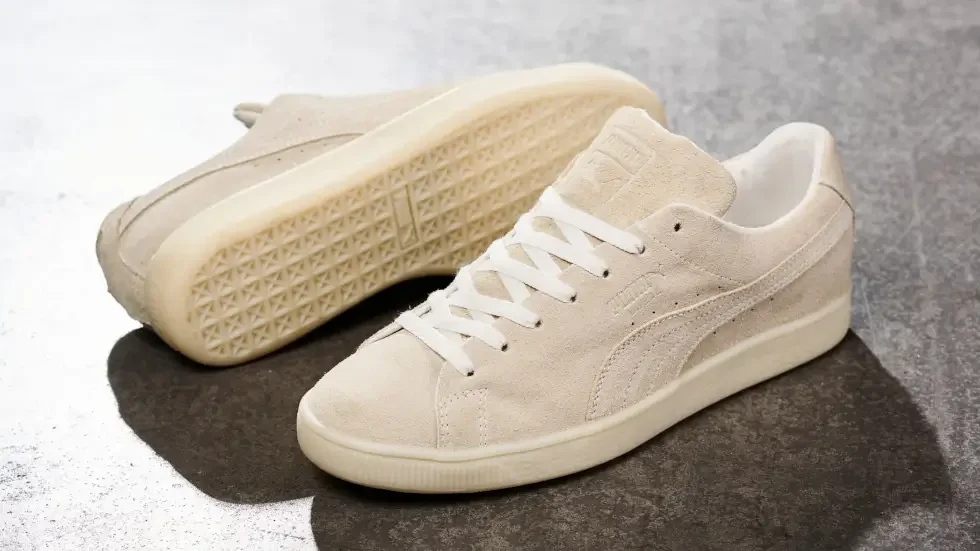Among sports apparel companies, Adidas has been vocal about its attempts to reduce environmental impact. We’ve seen their innovative manufacturing methods that recycle, upcycle, and minimize harmful pollutants. Now, another German label shares promising news regarding its biodegradable shoe study. Dubbed the Re:Suede, Puma recently concluded its trials, but the latest results are still not within its desired parameters.
As indicated by reports, the company conducted a trial wherein 500 pairs of its Re:Suede footwear were distributed to testers. Then, these were used for approximately six months to determine durability and overall comfort. Out of the original batch 412 were recalled to undergo another phase. After shipping them out to an industrial composting facility in The Netherlands, the shoes were then mixed with other organic waste materials.
It took a little over three months for the leather to decompose enough to meet the country’s standards for Grade A compost. Unfortunately, the problem lies with the TPE-E soles, which took a longer period to meet the facility’s requirements. As detailed by Puma, the thermoplastic elastomer needed around six months to biodegrade enough to be used as fertilizer.
So, what does this mean for the future of the Re:Suede lineup? Thankfully, the manufacturer believes it can come up with a solution. “The soles slow the process down, resulting in more composting cycles required to turn the shoe into Grade A compost, meaning they can’t be processed using today’s standard industrial composting operating procedures,” according to their findings.
As consumers, it means we cannot just chuck our worn-out pairs into the organic waste basket. Nevertheless, the fact that the Re:Suede does eventually decompose, means Puma has a winning formula on its hands. Perhaps advancements in the coming years can finally overcome its current limitations.
Learn More


Images courtesy of Puma







